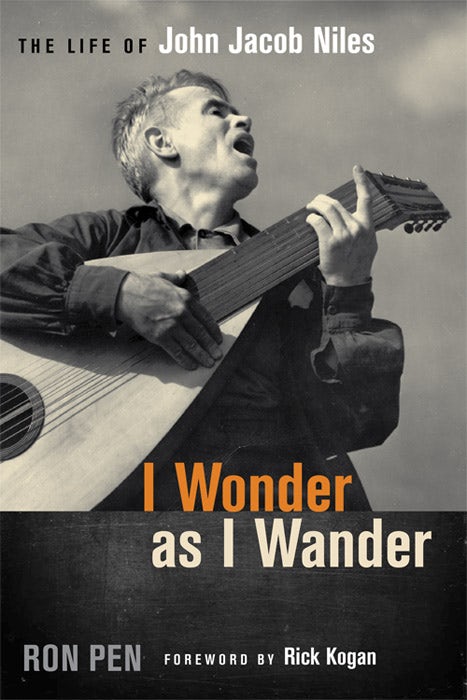
He and his younger brother John Mercer Langston worked for the abolitionist cause and helped lead the Ohio Anti-Slavery Society in 1858.

(See The Talented Tenth.) Her second husband was Charles Henry Langston, of African-American, Euro-American and Native American ancestry. Ten years later, in 1869, the widow Mary Patterson Leary married again, into the elite, politically active Langston family.

In 1859, Lewis Leary joined John Brown's raid on Harpers Ferry in West Virginia, where he was fatally wounded. One of the first women to attend Oberlin College, she married Lewis Sheridan Leary, also of mixed-race descent, before her studies. Hughes's maternal grandmother Mary Patterson was of African-American, French, English and Native American descent. Hughes wrote that Cushenberry was a Jewish slave trader, but a study of the Cushenberry family genealogy in the nineteenth century has found no Jewish affiliation.

The other putative paternal ancestor whom Hughes named was Silas Cushenberry, a slave trader of Clark County. According to Hughes, one of these men was Sam Clay, a Scottish-American whiskey distiller of Henry County, said to be a relative of statesman Henry Clay. Both of Hughes' paternal great-grandmothers were enslaved Africans, and both of his paternal great-grandfathers were white slave owners in Kentucky. Like many African-Americans, Hughes had a complex ancestry. From 1942 to 1962, as the civil rights movement was gaining traction, he wrote an in-depth weekly column in a leading black newspaper, The Chicago Defender. He also published several nonfiction works. In addition to poetry, Hughes wrote plays and short stories. He eventually graduated from Lincoln University.

Although he dropped out, he gained notice from New York publishers, first in The Crisis magazine and then from book publishers, and became known in the creative community in Harlem. He graduated from high school in Cleveland, Ohio, and soon began studies at Columbia University in New York City. He moved to New York City as a young man, where he made his career. Growing up in a series of Midwestern towns, Hughes became a prolific writer at an early age. He famously wrote about the period that "the Negro was in vogue", which was later paraphrased as "when Harlem was in vogue." One of the earliest innovators of the literary art form called jazz poetry, Hughes is best known as a leader of the Harlem Renaissance. James Mercer Langston Hughes (Febru – May 22, 1967) was an American poet, social activist, novelist, playwright, and columnist from Joplin, Missouri.


 0 kommentar(er)
0 kommentar(er)
